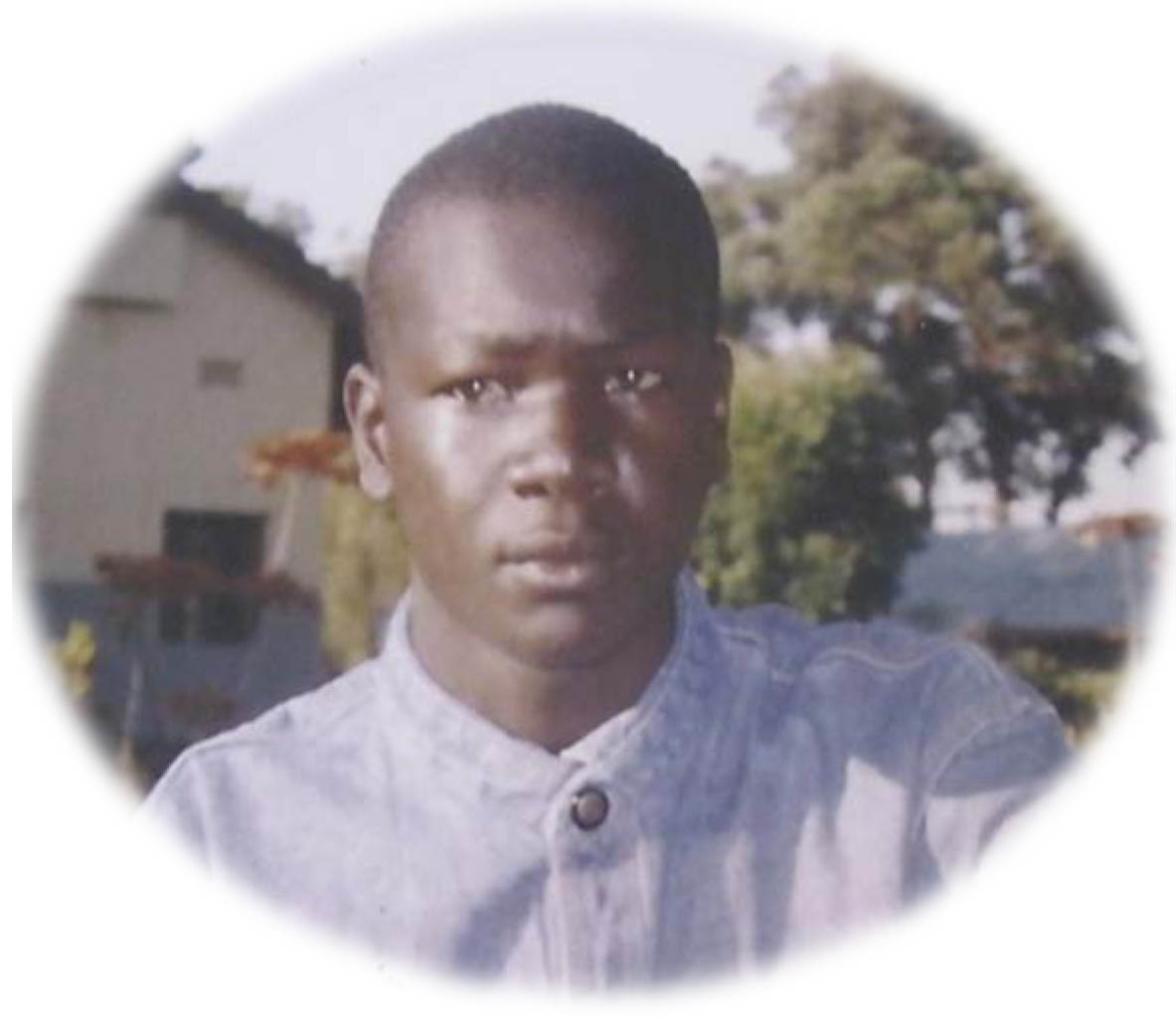On the 7th of March 2014, Germain Katanga was found guilty by the International Criminal Court as an accessory within the meaning of article 25(3)(d) of the Rome Statute for one crime against humanity (murder) and four war crimes (murder, pillaging, destruction of property, attacking a civilian population) in the district of Ituri in the Democratic Republic of Congo in 2003
Katanga was, however, not found guilty as an accessory to sexual slavery as a war crime under article 8(2)(b)(xxii), sexual slavery as a crime against humanity under article 7(1)(g), rape as a war crime under article 8(2)(b)(xxii), and rape as a crime against humanity under article 7(1)(g) of the Statute. The role of the prosecutor was to prove beyond reasonable doubt that a crime was committed, but in this case, she was unable to do so for sexual crimes in this trial. This shows the continued frustration of achieving convictions for sexual crimes especially in a region like Ituri where sexual offences are prevalent.
Many would argue that there have been great strides on prosecuting sexual crimes since the historic International Criminal Tribunal for Rwanda case of Prosecutor vs Jean-Paul Akayesu which created a foundation for the codification of sexual crimes in international law. Rules of procedure have been revised to be inclusive and friendly to the prosecution of SGBV, best practices have been adopted by international tribunals, prosecutors and investigators have received trainings and a lot of advocacy has been conducted on the need to prosecute SGBV cases. The office of the Prosecutor at the ICC has appointed a gender adviser and there exists a gender unit and they recently released a draft policy paper on sexual and gender based crimes.
As such, today there should not be inadequate investigations into or presentation of evidence in court of SGBV related crimes or presentation of evidence in court of SGBV related crimes. Currently there have been no convictions by the ICC on SGBV related crimes and as of 2011 only 41 out 71 indictments that had sexual crimes resulted in convictions at the ICTR, International Criminal Tribunal for the former Yugoslavia or the Special Court for Sierra Leone ( according to the progress on women report 2010/11 by UNWOMEN). Basically, much has not changed since.
In northern Uganda these gaps are glaring. Only one out of the five arrest warrants issued by ICC had the charge of sexual slavery and among the 53 counts brought against Thomas Kwoyelo by the International Crimes Division of the Ugandan High Court, none was for SGBV.
The prosecution reluctance and/or inability to build up concrete cases on SGBV is also worrying. We realize SGBV is not an easy crime to investigate but we also acknowledge the harm caused to victims and their desire to get justice. The prosecutors and investigators have a responsibility to be vigilant and aggressive in building up such cases. Creativity should also be called upon if we are to succeed.
Ultimately, this judgment is a set back on the victims of SGBV in Ituri. As we have seen more resources put in by the office of the prosecutor to assist in the investigation of such crimes, we hope that in the proceeding judgments, more accountability for SGBV will be realized.



